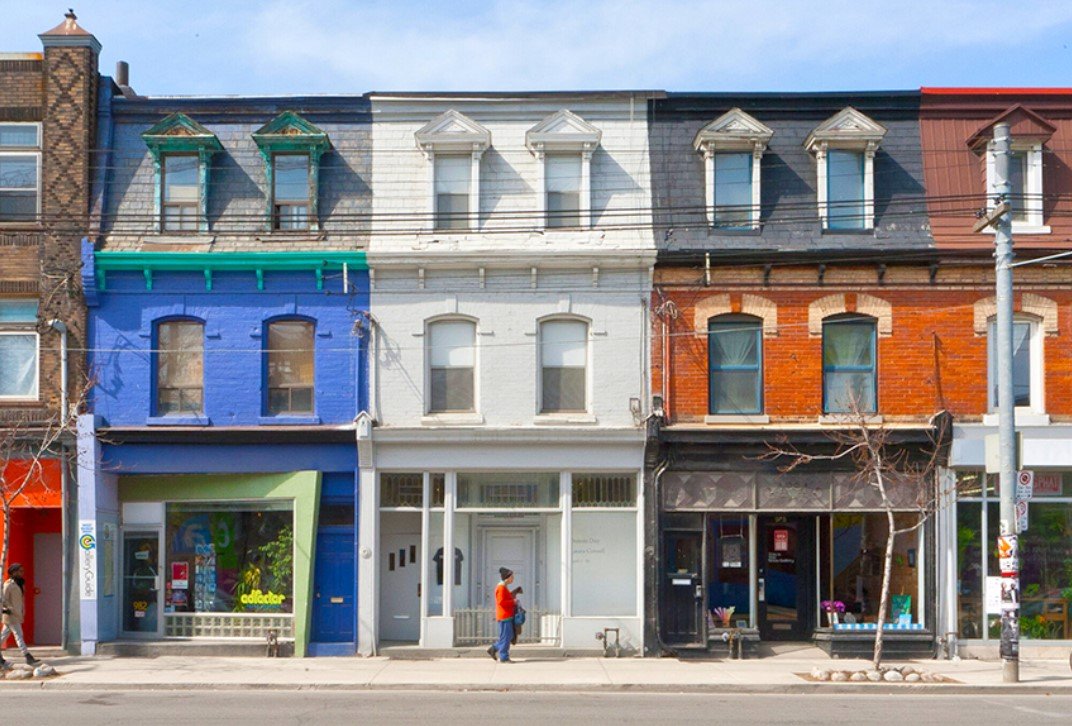The US housing market has experienced a significant boom, with the number of trillion-dollar metropolitan areas doubling in the past year. This surge in home values has been driven by a combination of high demand and limited supply, pushing the total value of US homes to nearly $50 trillion. Cities like Anaheim, Washington, D.C., Chicago, and Phoenix have joined the ranks of trillion-dollar metros, reflecting the widespread impact of rising home prices across the country.
In the past year, the number of metropolitan areas with home values exceeding one trillion dollars has doubled. This remarkable growth highlights the increasing demand for housing in major cities. Anaheim, Washington, D.C., Chicago, and Phoenix are among the new entrants to this exclusive club. These cities have seen substantial increases in home values, driven by factors such as economic growth, population influx, and limited housing supply.

Anaheim, for instance, has benefited from its proximity to major economic hubs and attractions, making it a desirable location for homebuyers. Similarly, Washington, D.C.’s status as the nation’s capital continues to attract a steady stream of residents and investors. Chicago and Phoenix have also experienced significant growth, with their diverse economies and favorable living conditions drawing in new residents.
The doubling of trillion-dollar metros underscores the broader trend of rising home values across the United States. As more cities reach this milestone, it reflects the overall strength and resilience of the housing market, even in the face of economic uncertainties.
Factors Driving Home Value Increases
Several factors have contributed to the sharp rise in home values across the US. One of the primary drivers is the imbalance between housing supply and demand. The pandemic-induced slowdown in construction, coupled with a growing population, has led to a shortage of available homes. This scarcity has driven up prices, as buyers compete for limited inventory.
Additionally, low mortgage rates have made homeownership more accessible, further fueling demand. Although rates have started to rise, they remain relatively low compared to historical standards, encouraging more people to enter the housing market. This increased demand has put upward pressure on home prices, particularly in desirable metropolitan areas.
Economic factors also play a significant role. Cities with strong job markets and robust economic growth tend to attract more residents, driving up housing demand. For example, tech hubs like San Francisco and Seattle have seen substantial home value increases due to the influx of high-income professionals. Similarly, cities with diverse economies, such as New York and Los Angeles, continue to experience rising home prices.
Implications for Homebuyers and Investors
The rapid increase in home values has significant implications for both homebuyers and investors. For potential homebuyers, the rising prices can make it challenging to find affordable housing, particularly in high-demand areas. First-time buyers, in particular, may struggle to enter the market, as they face stiff competition and higher costs.
However, for existing homeowners, the increase in home values can be a boon. Rising equity provides homeowners with greater financial security and the potential for profitable sales. It also allows for opportunities to leverage home equity for renovations or other investments.
Investors, too, stand to benefit from the booming housing market. Real estate investments in high-growth areas can yield substantial returns, as property values continue to rise. However, investors must also navigate the challenges of a competitive market and the potential for future economic shifts that could impact home values.
Overall, the doubling of trillion-dollar metros and the surge in home values reflect the dynamic nature of the US housing market. As demand continues to outpace supply, home prices are likely to remain elevated, presenting both opportunities and challenges for buyers, homeowners, and investors alike.
















